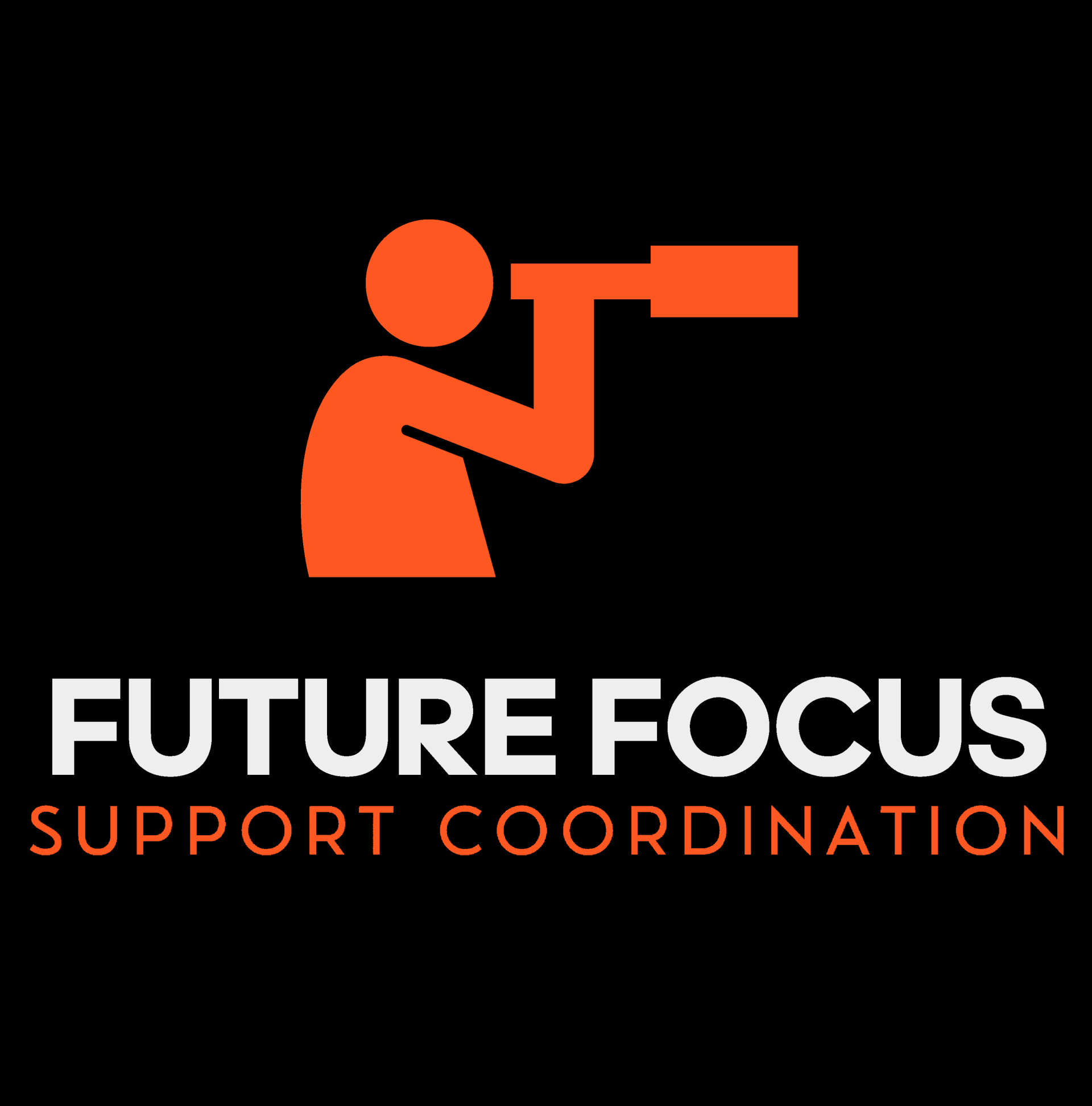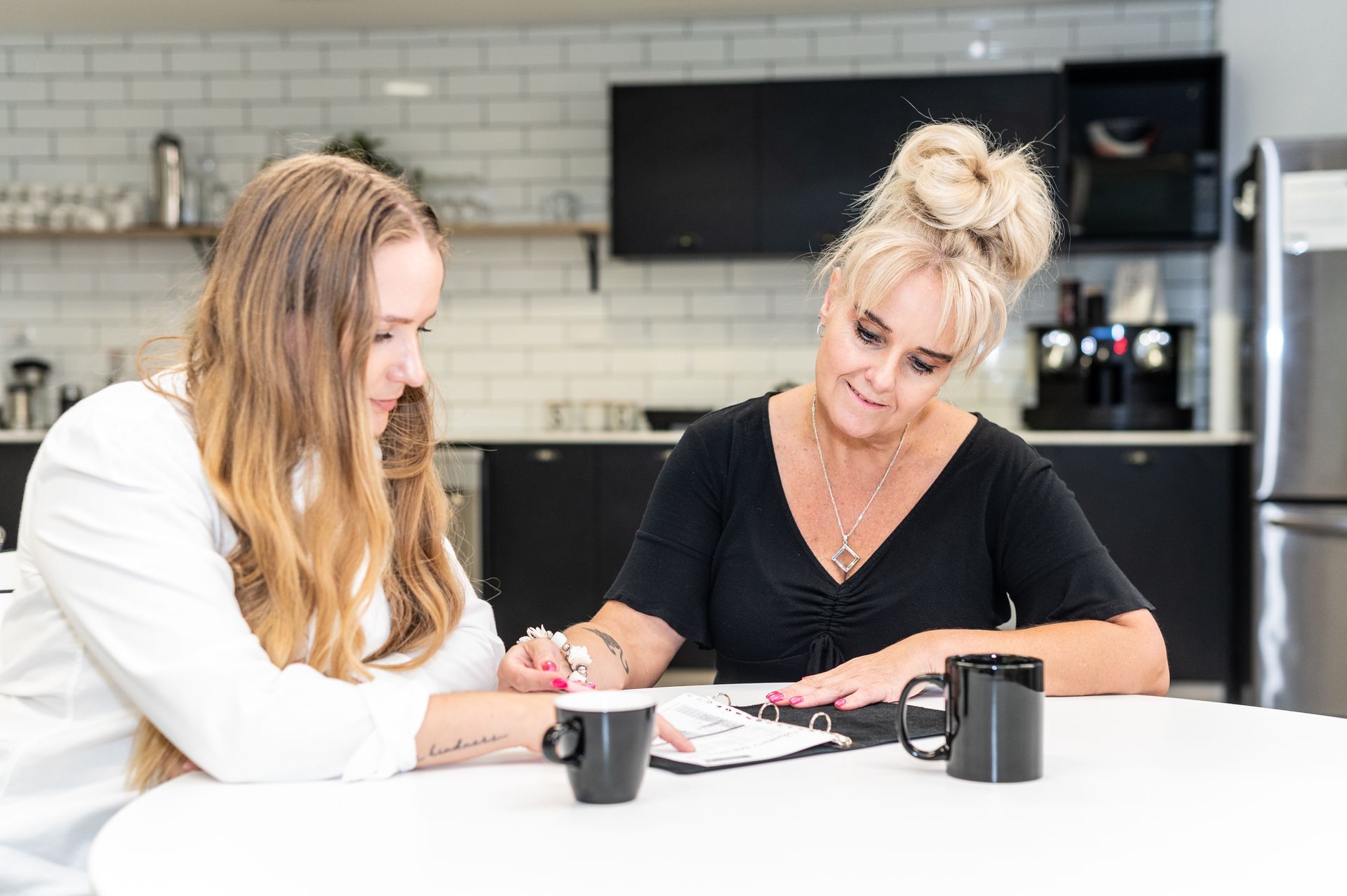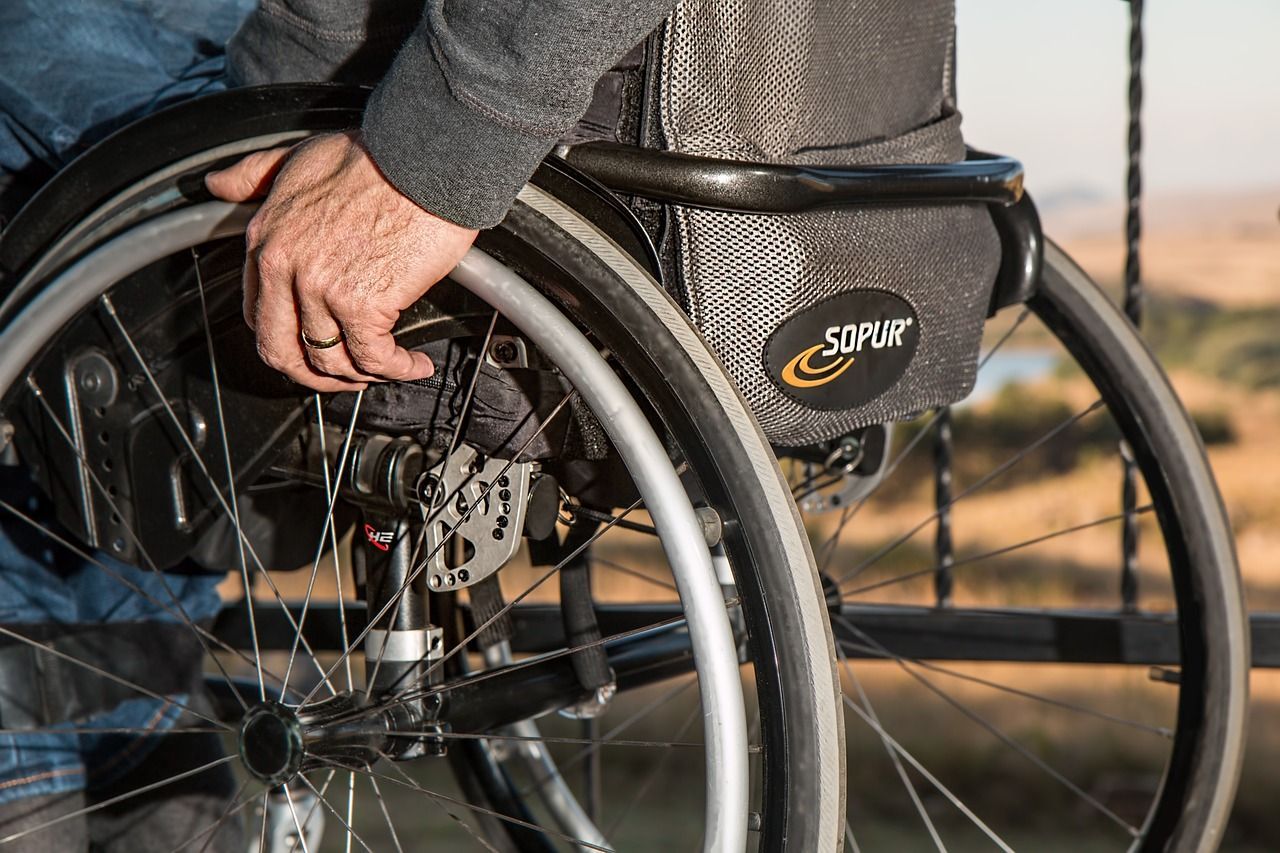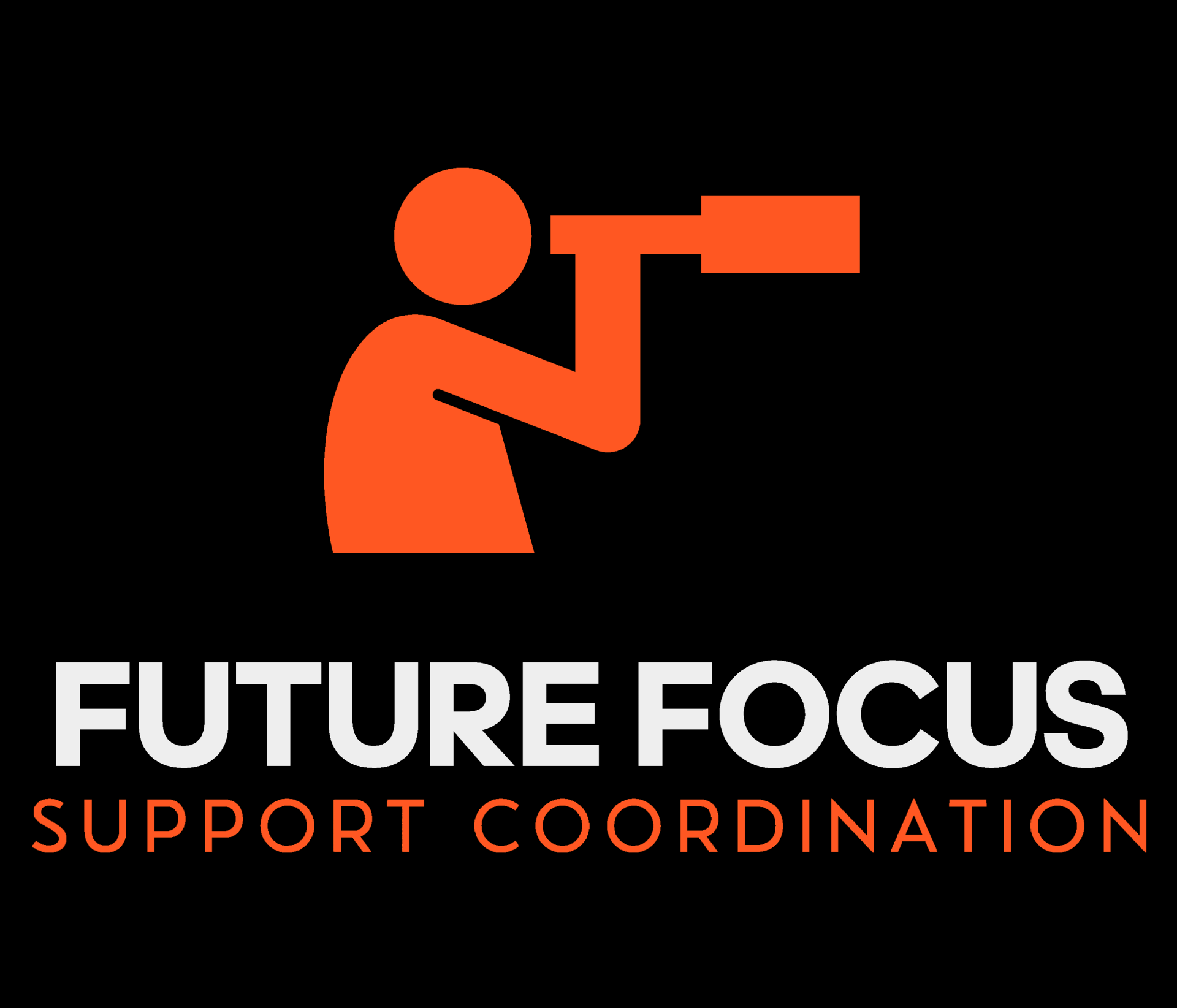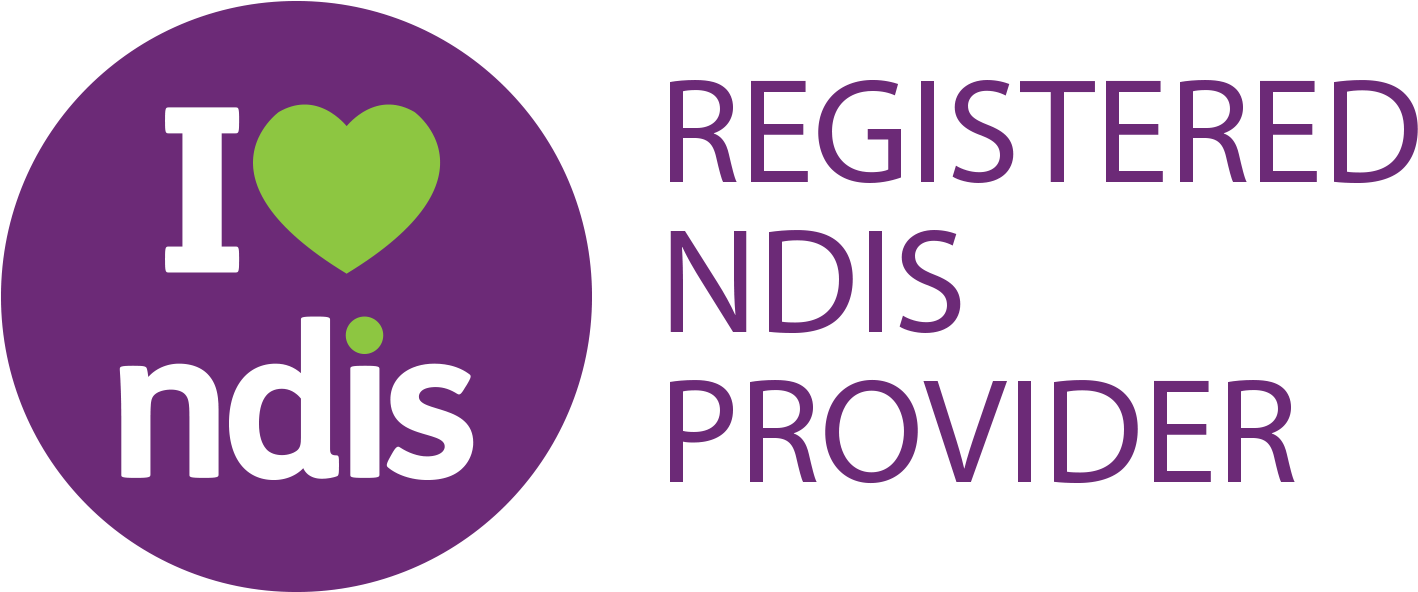
Sometimes, amidst our busy lives, it's easy to become engrossed in our personal experiences and overlook the diverse realities others may face. This is particularly true in interactions involving people living with disabilities.
The language and actions we use, often without thought, hold the power to profoundly influence their emotions and how they experience their surroundings. A casual remark or gesture might carry unintended weight, shaping not just a moment but their broader perception of inclusion and respect in society.
It’s crucial to cultivate an awareness of the impact our words and actions can have and strive for sensitivity and understanding in every interaction. Recognising this, our support coordination team explores some practical suggestions to ensure our interactions are always respectful and considerate towards people living with disabilities.
Think Before You Speak
Engaging thoughtfully with people living with disabilities is crucial for respectful and meaningful interactions. It involves speaking directly to the person, acknowledging and respecting their independence and privacy.
It's vital to avoid assumptions about their abilities or needs, as each individual's experience with disability is unique. Mindful and inclusive language is essential in these interactions, ensuring that communication is respectful and empowering. Such an approach fosters a sense of dignity and equal participation in the conversation.
Using the Right Terminology
Language plays a critical role in shaping perceptions and interactions. Using 'people-first' language effectively emphasises a person’s identity beyond any physical or mental conditions, placing the person before their disability.
When in doubt about the appropriate terminology, directly asking the person shows respect and is appreciated. Additionally, it's important to avoid euphemisms or outdated terms that might be offensive. This approach demonstrates respect and promotes a more inclusive and understanding environment, ensuring everyone feels valued for their unique identity.
Offering Assistance Respectfully
It's essential to always ask before offering assistance to someone with a disability. Respecting their autonomy and recognising their ability to determine their needs is fundamental.
When you propose help, approach the situation with respect and an open mind, ready to listen and adapt to any specific instructions or preferences they may have about your assistance. This approach honours their independence and fosters a sense of empowerment and dignity, ensuring that any assistance provided is helpful and respectful.
Listening to Requests and Needs
Responding graciously to requests from people living with disabilities is a key aspect of fostering an inclusive environment. Whether in the workplace or social settings, accommodating their specific needs is not just an act of kindness but a necessity for equity.
When you’re receptive and adaptable to such requests, it shows empathy and understanding and helps create a space where everyone feels valued and supported. This approach not only benefits people living with disabilities but also cultivates a culture of respect and comfort for all involved.
Ensuring Accessibility
Creating an accessible environment is key to inclusivity. This goes beyond physical accessibility to include digital platforms and communication methods. Adopting an ‘access for all’ mindset helps prevent unintentional exclusion and promotes full participation in various activities and events.
Embracing Disability Etiquette as a Norm
Practising disability etiquette is about more than following guidelines; it’s about cultivating a respectful and inclusive culture. Embracing these practices in our daily interactions fosters a society where everyone feels valued and included. Remember, it's okay to ask or apologise if you’re unsure or make a mistake. The effort to understand and respect each other’s differences is what truly makes a community welcoming for all.
Find out more about our specialist support coordination.
